Anxiety in cats is a topic that is often overshadowed by the perception of cats being self-sufficient and less emotionally expressive than other pets. However, anxiety can significantly impact a cat’s well-being. Understanding the reasons behind feline anxiety can help owners, veterinarians, and pet enthusiasts better care for their furry companions.
The Nature vs. Nurture Debate
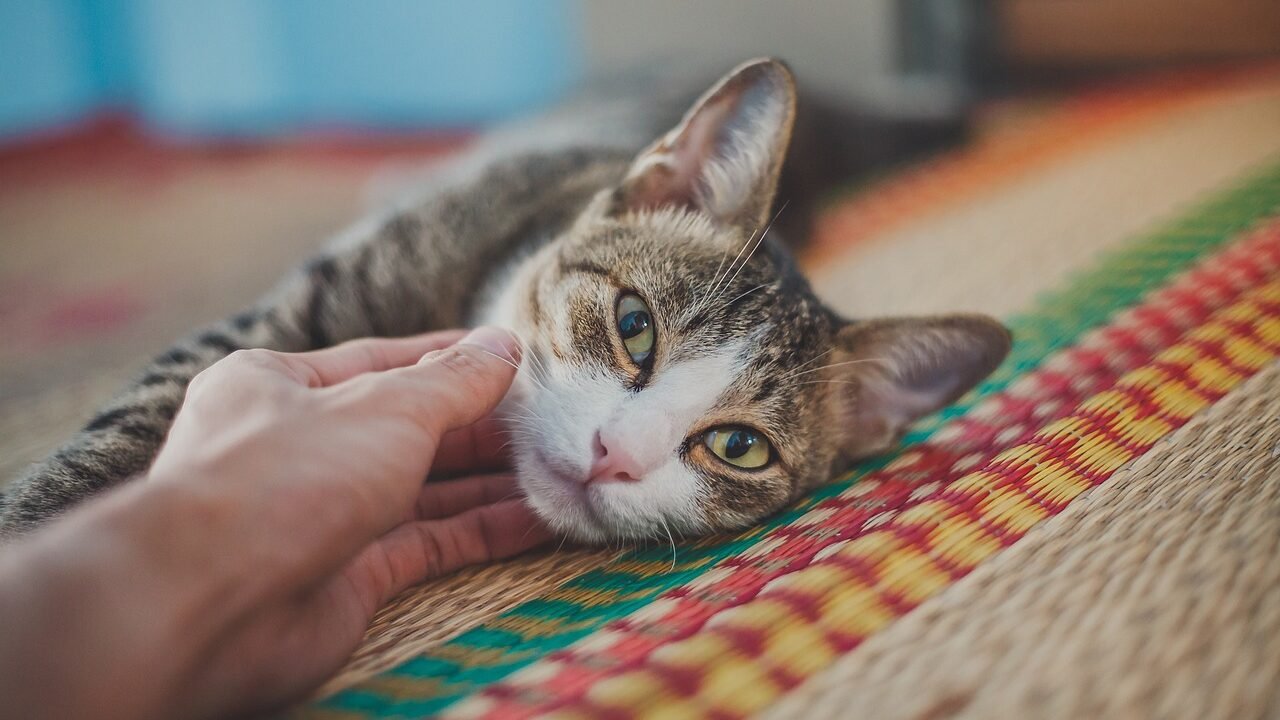
Just like in humans, the roots of anxiety in cats often stem from a complex interplay of genetic and environmental factors. While some cats have a genetic predisposition to anxiety, others may develop it due to their upbringing or traumatic experiences. Recognizing this balance can aid in addressing anxiety more effectively.
The Role of Genetics in Cat Anxiety
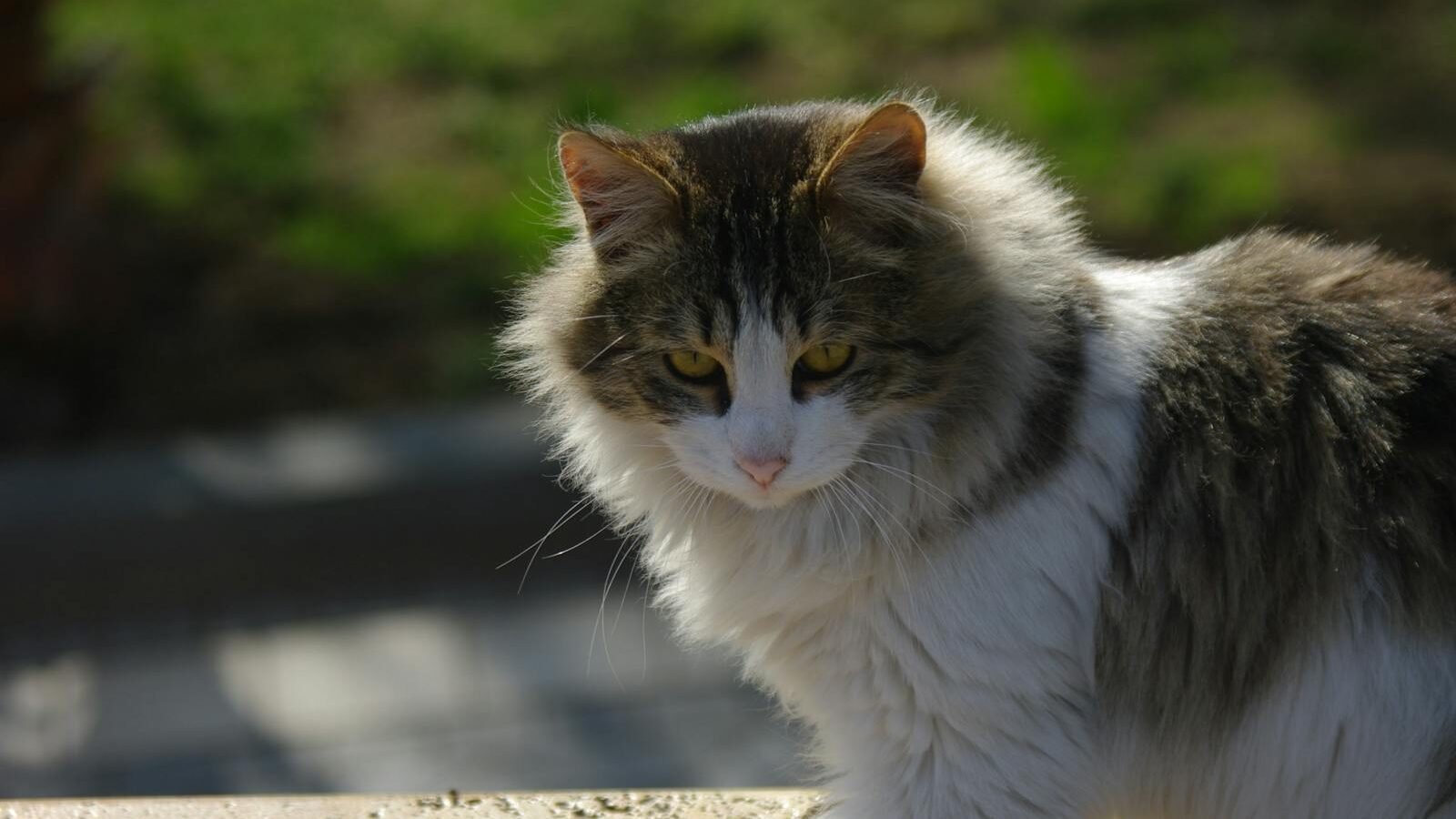
Genetic predisposition can play a significant role in a cat’s likelihood of experiencing anxiety. Certain breeds may inherently possess traits that make them more sensitive to changes in their environment. Breeds known for their high-energy and sensitivity, such as Siamese and Burmese cats, might be more prone to anxiety as a result.
Impact of Early Life Experiences
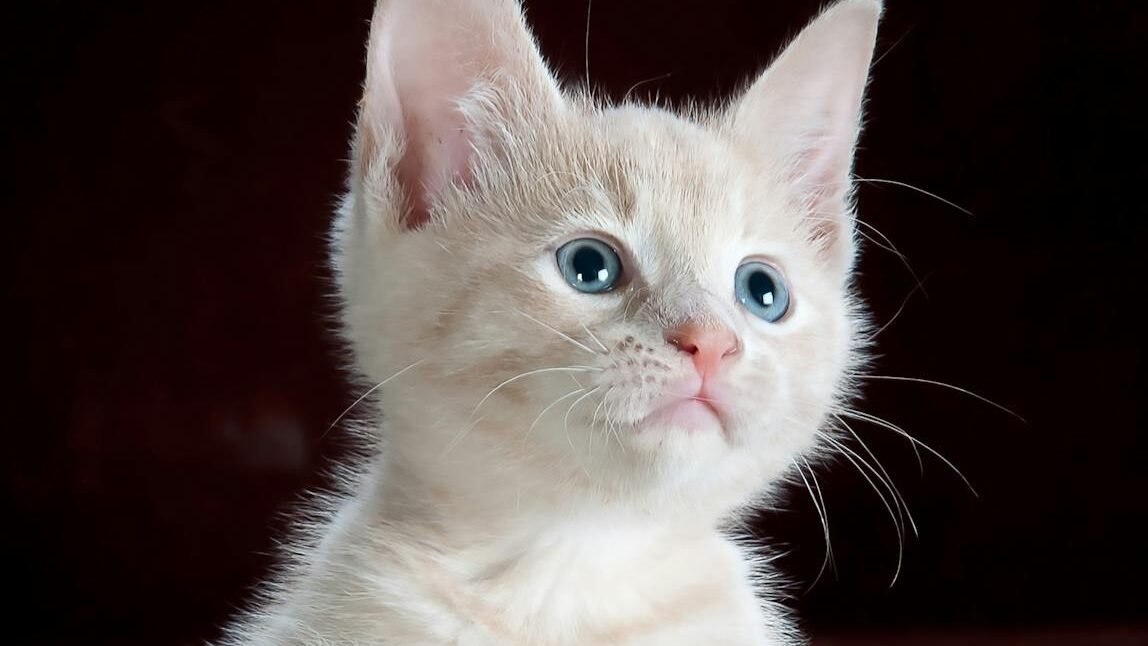
A kitten’s early life experiences heavily influence their emotional development. Cats that are poorly socialized during the critical period of 2 to 9 weeks of age often exhibit higher levels of fear and anxiety. Providing varied and positive early experiences can significantly mitigate these tendencies.
The Influence of Environment and Routine
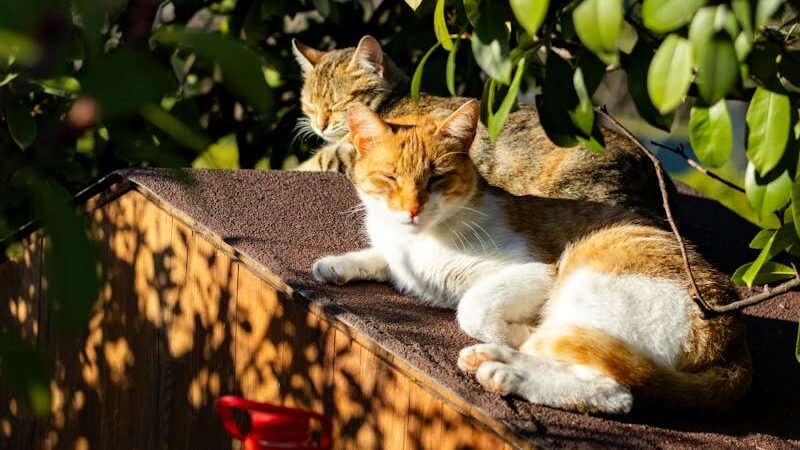
Cats are creatures of habit, and disruptions to their environment or routine can trigger anxiety. Moving to a new home, the introduction of new pets or family members, and changes in daily routines can all provoke anxiety in cats, particularly those with preexisting sensitivities.
Signs and Symptoms of Cat Anxiety
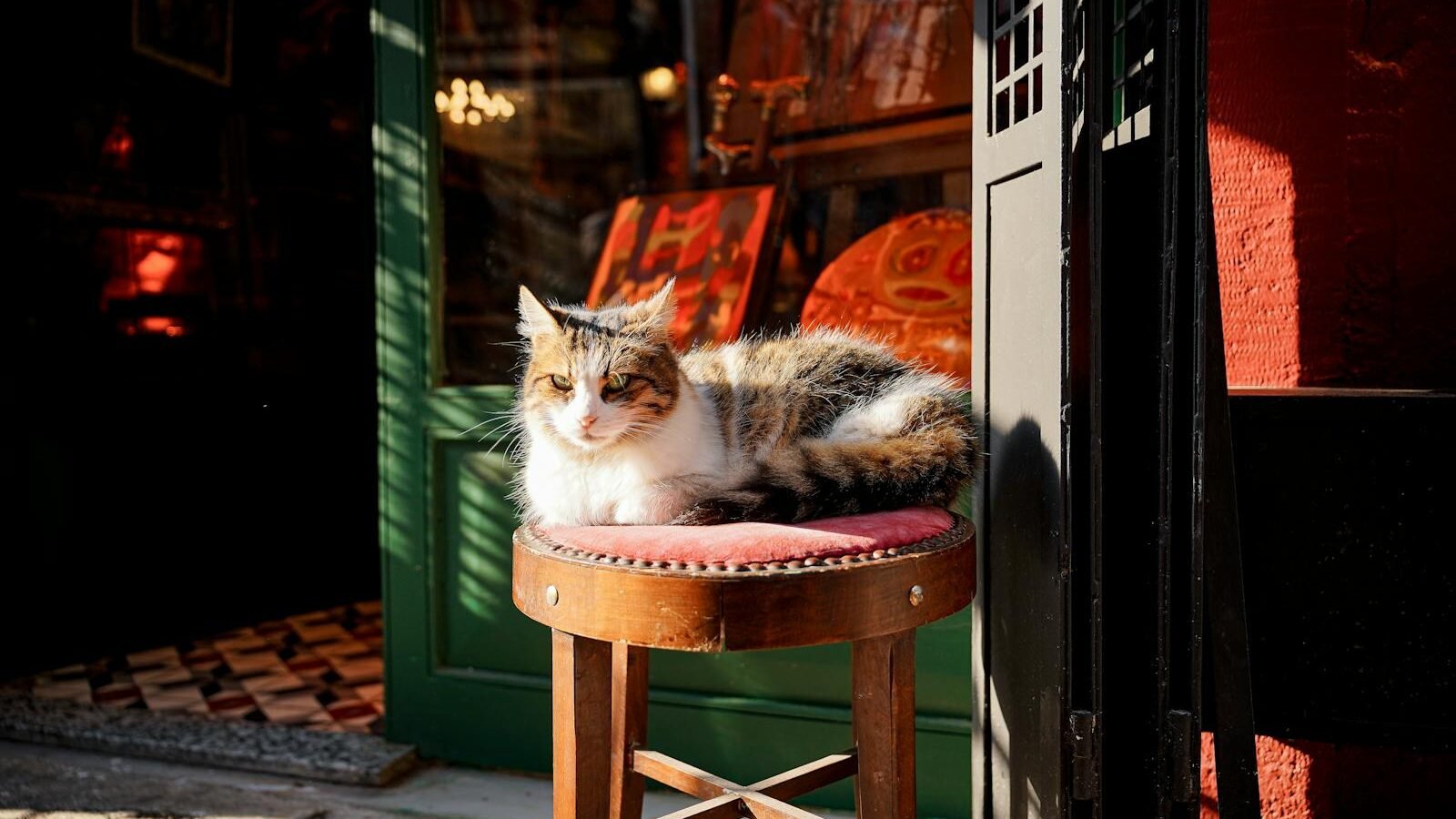
Recognizing the signs of anxiety in cats is crucial for timely intervention. Symptoms may include hiding, aggression, excessive grooming, loss of appetite, and inappropriate elimination. These behaviors often serve as a cat’s way of communicating distress.
Diagnosis and Professional Help

If a cat exhibits symptoms of anxiety, it’s important to consult with a veterinarian. A proper diagnosis can rule out any underlying medical issues that may contribute to the behavior. Veterinarians might also refer to a veterinary behaviorist for specialized interventions.
Behavioral Interventions and Environmental Enrichment
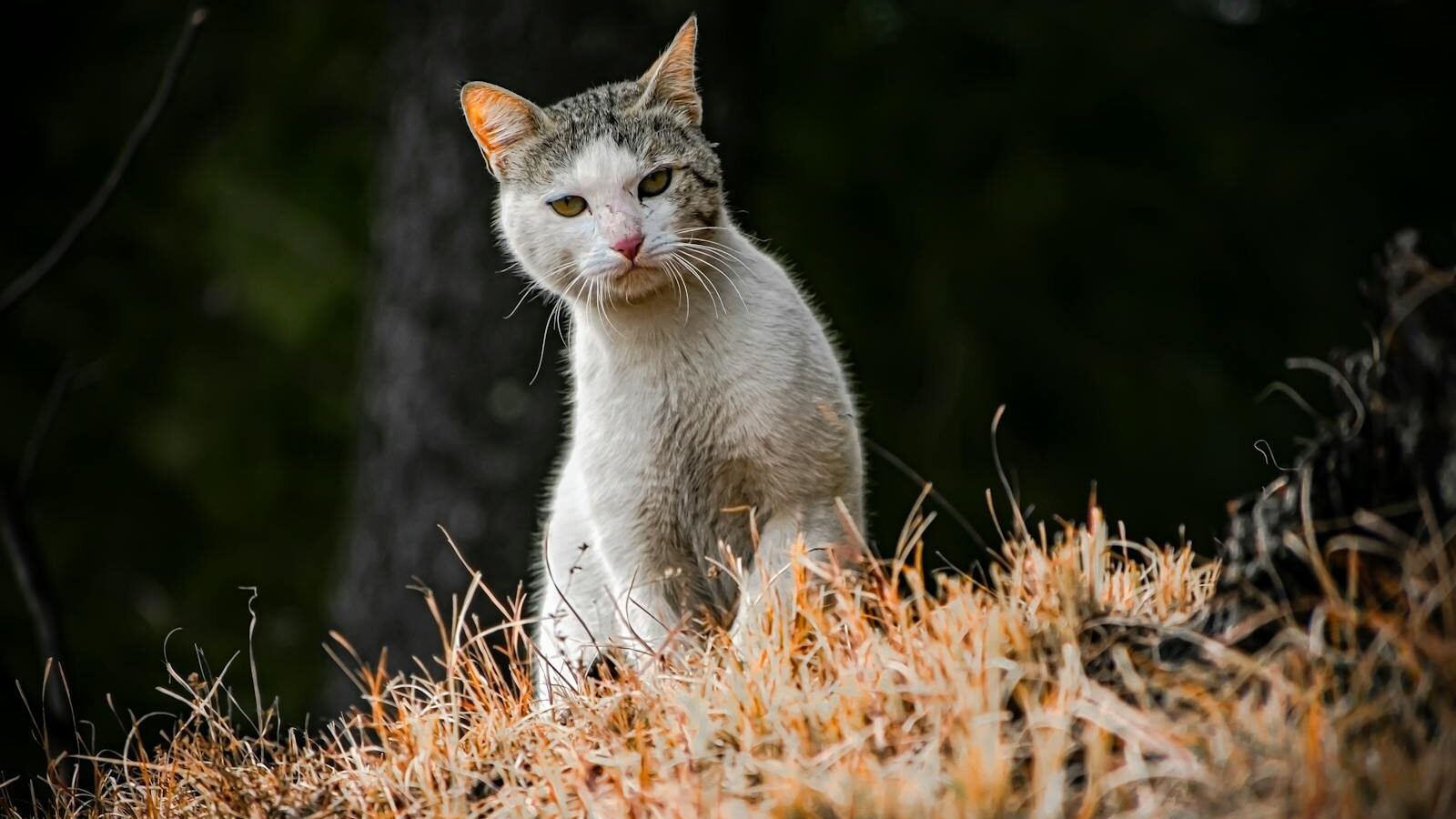
Addressing anxiety often involves behavioral modifications and environmental enrichment. Creating a stimulating environment with safe spaces and interactive toys can alleviate stress. Moreover, engaging in regular play sessions can provide a positive outlet for anxious energy.
The Role of Diet and Nutrition

A cat’s diet can have a significant impact on their mental health. Nutrient deficiencies or certain food intolerances might exacerbate anxiety symptoms. Ensuring a balanced diet rich in essential fatty acids and vitamins can support overall well-being and stress management in cats.
Medications and Alternative Therapies

For severe cases, medication may be necessary to manage anxiety. Veterinarians can prescribe anti-anxiety medications or suggest natural remedies like pheromone diffusers or supplements. It’s important to approach medication as part of a comprehensive treatment plan under professional guidance.
The Importance of Patience and Persistence
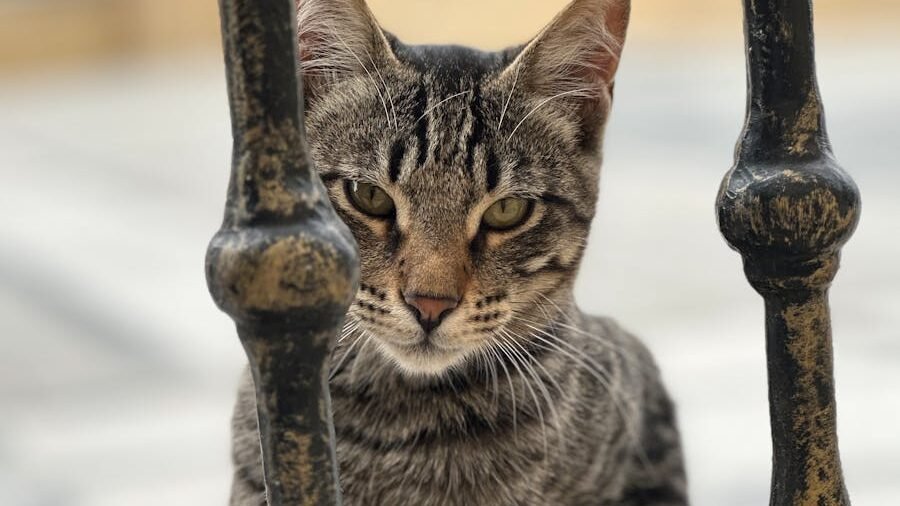
Helping an anxious cat requires patience and consistency. Owners should be prepared for gradual progress and avoid changing strategies too frequently. Understanding and responding to a cat’s unique needs and triggers can foster a more harmonious environment and improve the quality of life for both cat and owner.

With over a decade of experience as a dedicated cat lover and enthusiast, I specialize in writing captivating content about all things feline. My expertise shines through in creating engaging and informative pieces that resonate with fellow cat lovers. As a proud cat parent to my beloved Duston, my personal connection to the world of cats adds authenticity and warmth to my work, making it relatable and heartfelt.






